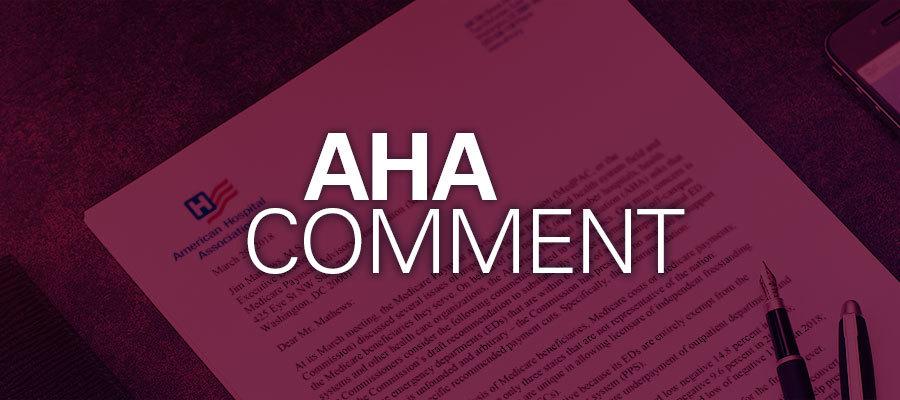AHA expresses concerns with UHG program in response to cyberattack on Change Healthcare

UnitedHealth Group’s Temporary Funding Assistance Program “is not even a band-aid on the payment problems you identify,” AHA wrote March 4 in a message to UHG in response to a program the company unveiled March 1 following a cyberattack on UHG’s subsidiary Change Healthcare. Specifically, AHA said the program is only available to an exceedingly small number of hospitals and health systems, and that the terms and conditions of the program are “shockingly onerous.”
“Taken together, the limited eligibility and these one-sided contractual terms severely undermine the intent of this program,” AHA said. “Indeed, we have heard from some hospitals and health systems that these simply are not terms they can accept, especially when their financial future becomes more unpredictable the longer Change Healthcare is unavailable.”
According to Change Healthcare, the company processes 15 billion health care transactions annually and touches 1 in every 3 patient records. These transactions include a range of services that directly affect patient care, including eligibility verifications and pharmacy operations, as well as claims transmittals and payment. All of these have been disrupted to varying degrees over the past several days.
“As we await more information from UnitedHealth Group about how long these effects will last — still no timeline has been announced — the financial consequences for hospitals and health systems will only increase, further affecting patient care,” AHA said. “We need real solutions — not programs that sound good when they are announced but are fundamentally inadequate when you read the fine print.”

